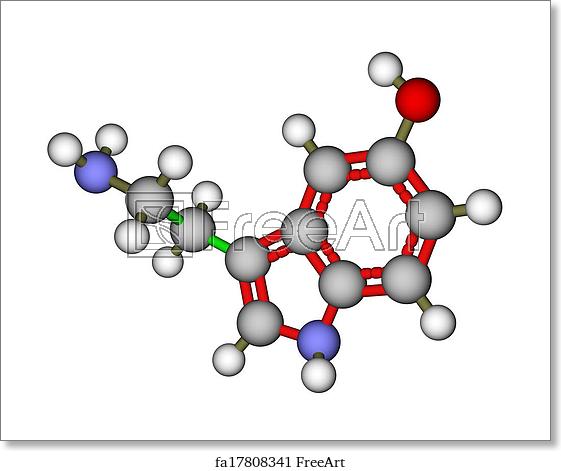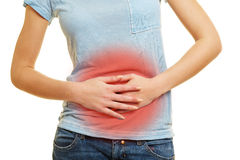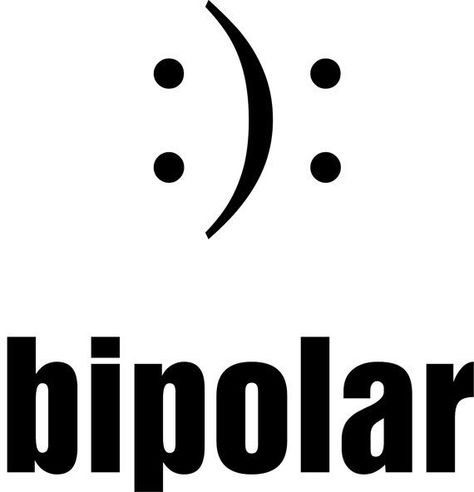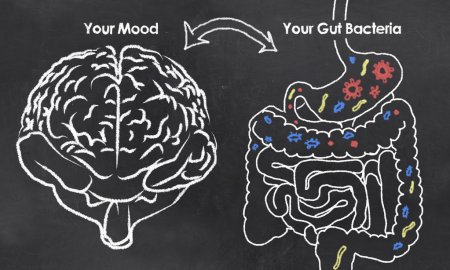Studies show how serotonin, our gut microbiome impacts our "second brain"
Mar
4
Senior author Elaine Hsiao says researchers hope to build on their current studies at UCLA to learn whether microbial interactions with antidepressants have consequences for health and disease, according to the September 2019 report (Credit: by Stuart Wolpert, University of California, Los Angeles; Reed Hutchinson/UCLA).
A study in mice led by UCLA biologists strongly suggests that serotonin and drugs that target serotonin, anti-depressants such as Prozac can have a major effect on the gut's microbiota—the 100 trillion or so bacteria and other microbes that live in the human body's intestines. Hsiao's team of researchers found that Turicibacter sanguinis, a common gut microbe, can signal nearby intestinal cells to release serotonin. Serotonin—a neurotransmitter, or chemical messenger that sends messages among cells—is known as the "happy chemical as it positively influences our mood. An estimated 90 percent of the body's serotonin is produced in the gut.
"Previous studies from our lab and others showed that specific bacteria promote serotonin levels in the gut," lead author Thomas Fung said. "Our new study tells us that certain gut bacteria can respond to serotonin and drugs that influence serotonin, like anti-depressants. This is a unique form of communication between bacteria and our own cells through molecules traditionally recognized as neurotransmitters." (See articles, American Chemical Society and Phys.Org - https://cen.acs.org/biological-chemistry/microbiome/Serotonin-helps-gut-microbes-thrive/97/i35 and
https://phys.org/news/2019-09-serotonin-popular-anti-depressant-affect-gut.html ).
The same month of September (September 17) of 2019, Professor Damien Keating, Head of Molecular and Cellular Physiology at Flinders University found that our gut microbiome signals cells to serotonin production in the gut, which Dr. Keating "showed to be increased in obese humans, and this rise in blood serotonin causes significant metabolic problems.” These insights, he suggests, provides valuable first- step data points that can lead to visibility into the role of our gut microbiome, serotonin, and blood sugar levels which can aid in addressing obesity and diabetes (See Neuroscience News article, https://neurosciencenews.com/gut-bacteria-serotonin-blood-sugar-14930/ ).
Another study in Nature recommends fasting as a way to "reboot the system". According to a February 18, 2020 Nature article, "Intermittent fasting (IF) regimens which involves dietary restriction, have shown to increase lifespan, promote energy metabolism, and reduce the risk of developing various age-related pathologie." It is believed that IF influences our gut microbiome to create these results. Theoretically it can play a role in our mood and stress as the previously mentioned articles suggest (see article, https://www.nature.com/articles/s41467-020-14676-4?utm_ ). Special thanks to Yeirim Kim, Herbsprout Facebook member for sharing this post.
A more natural alternative to antidepressants, a previous Herbsprout blog references herbs that support the production of serotonin. For example, Herbs that help boost serotonin levels include oatstraw, and the roots of angelica, burdock, dandelion, ginseng, wild yam and black cohosh.
https://en.bloguru.com/healthtech/356055/herbs-that-support-the-happy-chemical








